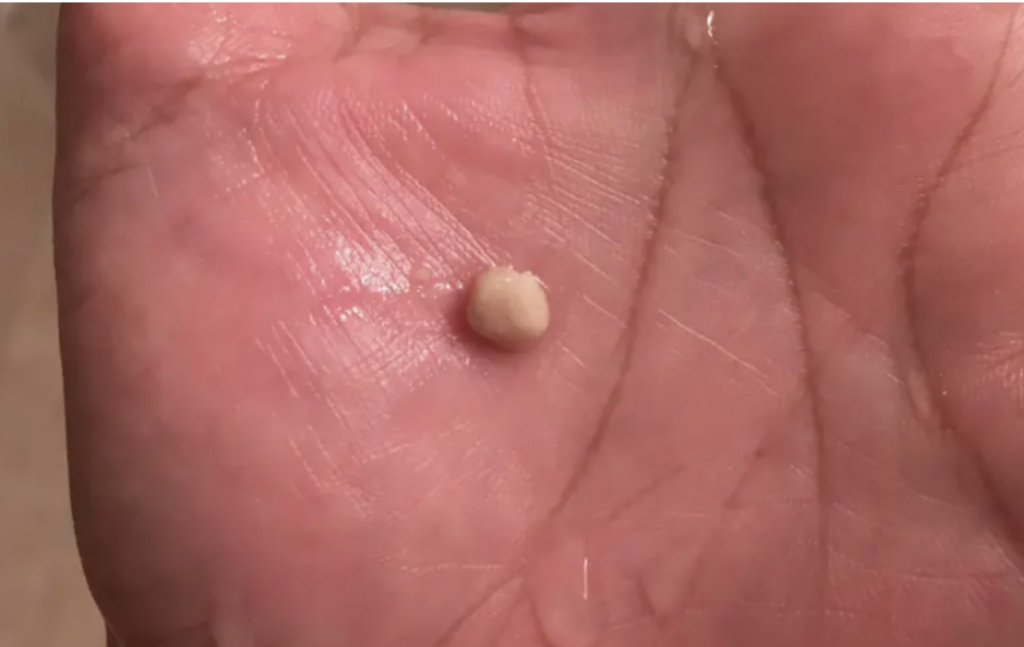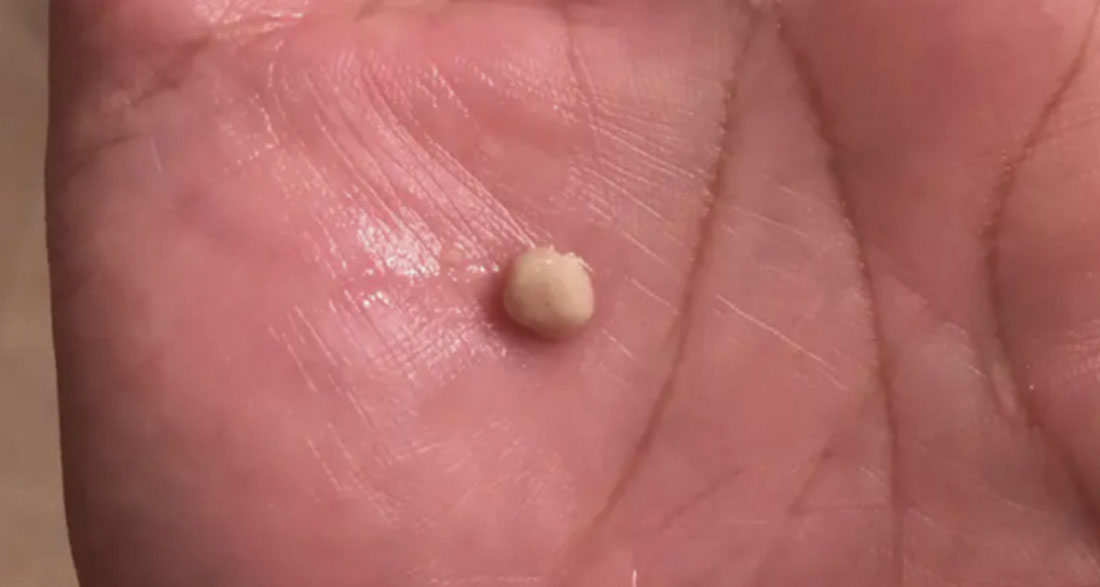Have you ever heard of tonsil stones? They’re tiny, whitish-yellow lumps that can form in the crevices of your tonsils. While they might not be dangerous, they can cause discomfort and leave you with a bad smell in your mouth. In this article, we’ll dive into what causes tonsil stones, how to spot them, and how you can treat them to feel better.
What Are Tonsil Stones and How Do They Form?
Tonsil stones, also called tonsilloliths, form when small food particles, dead cells, and bacteria get trapped in the tiny pockets of your tonsils. Over time, all these bits and pieces mix together and harden into small stones.

While these stones aren’t usually harmful, they can get in the way, causing discomfort or bad breath. You might be surprised to know that these stones can happen to people of all ages, but they are more common in children and young adults.
What Are the Signs of Tonsil Stones?
Tonsil stones can cause a number of different symptoms, depending on their size and where they form. Some people might experience bad breath or even feel like they have something stuck in their throat. Other signs can include:
- A sore throat that doesn’t go away
- Trouble swallowing
- A metallic taste in the mouth
- Swollen tonsils that feel sore
- Ear discomfort or pain
- A persistent cough that won’t quit
If you’ve been dealing with any of these symptoms, it’s a good idea to talk to your doctor to find out what’s going on.
How Are Tonsil Stones Diagnosed?
If you think you might have tonsil stones, diagnosing them is usually pretty simple. Your doctor or dentist will start by asking you about your medical history and checking your throat. They might use a light to look closely at your tonsils. If they aren’t sure, they might also recommend tests like an X-ray or a throat swab to confirm that tonsil stones are the problem.
How Can You Treat Tonsil Stones?
If you have tonsil stones, don’t worry—most of the time, they aren’t dangerous. Some might even fall out on their own. But if the stones are bothering you, there are a few ways to treat them:
- Self-removal: You can sometimes remove smaller stones yourself with a cotton swab or water irrigator. Just be careful not to hurt yourself!
- Medicated gargles: Some people find that using mouthwash or saltwater gargles helps to keep their tonsils clean and prevent stones from forming.
- Surgery: In rare cases, if the stones are really big or causing a lot of pain, a doctor might suggest surgery to remove them.
Besides medical treatment, there are also some home remedies that can help you feel better, like gargling with apple cider vinegar or saltwater. Drinking plenty of water and brushing your teeth regularly also helps keep your mouth clean and healthy, preventing tonsil stones from coming back.
How Can You Prevent Tonsil Stones?
If you want to stop tonsil stones from forming in the first place, the best thing you can do is take care of your oral health. Here’s how:
- Drink lots of water to keep your mouth clean and hydrated.
- Avoid smoking and drinking too much alcohol.
- Keep up with regular brushing and flossing to remove food particles and bacteria.
- Visit your doctor or dentist for regular check-ups to catch any problems early.
While tonsil stones might not be fun, they aren’t usually something to worry about. But if you’re dealing with persistent bad breath or discomfort, it’s always a good idea to talk to your doctor to get the right diagnosis and treatment.
What do you think of the story? Do you have any tips for dealing with tonsil stones? Share your thoughts in the comments below!






